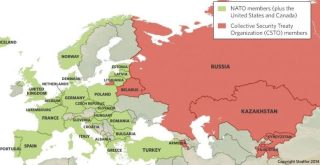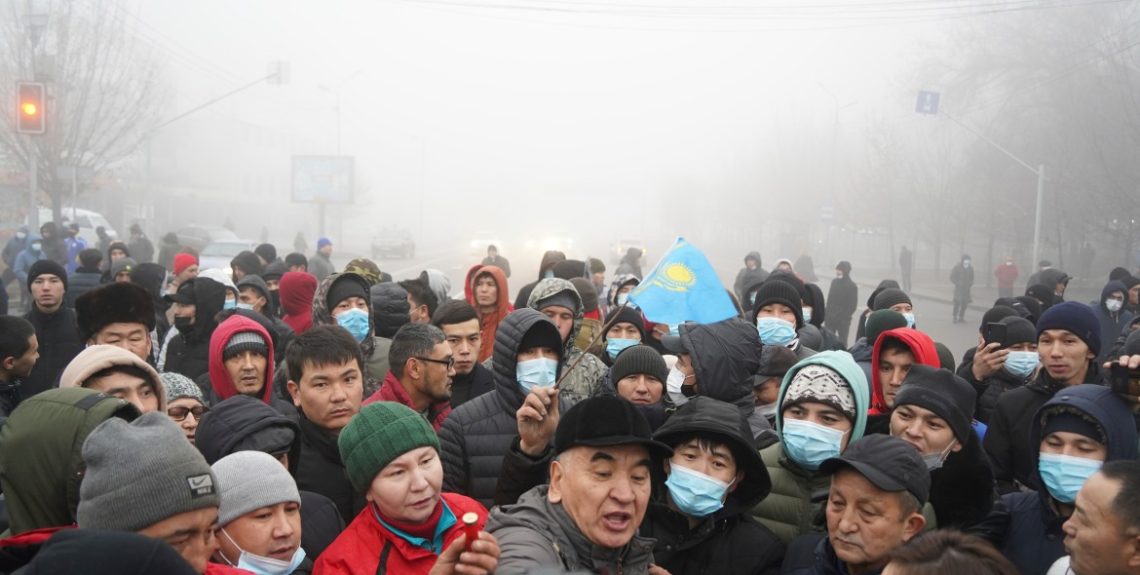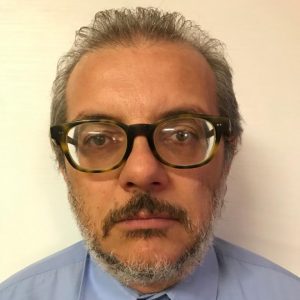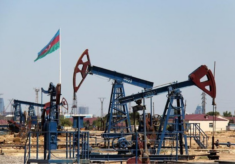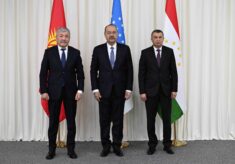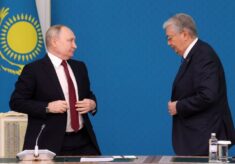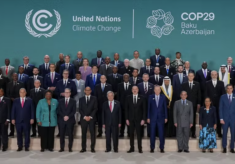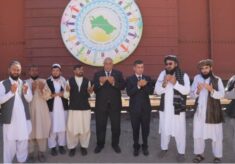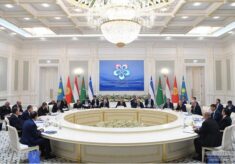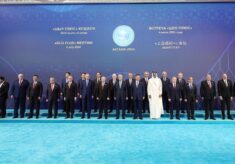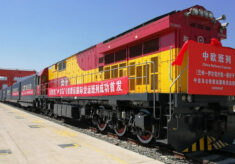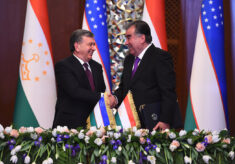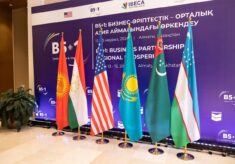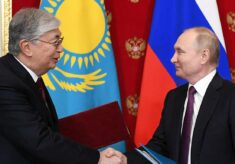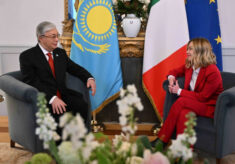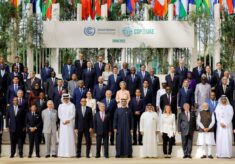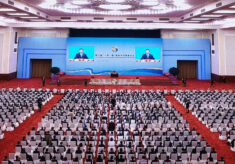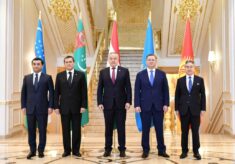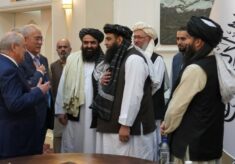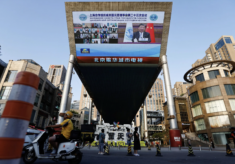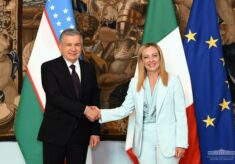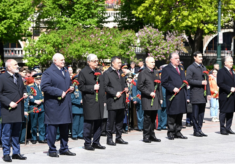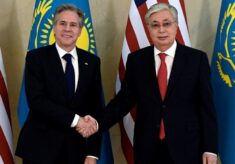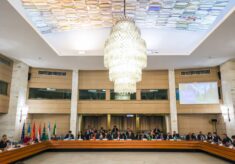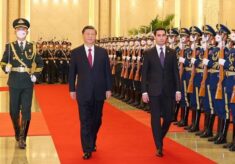After days of violent unrest in Kazakhstan on the 7th of January President Tokayev announced that the order has been gradually restored in the country. According to the authorities 164 people were killed during the turmoil (even if appears not possible to estimate the exact number for the lack of independent sources), while around 8.000 people had been arrested.
This wave of mass protests evolving into a violent uprising has undermined Kazakhstan’s international image as stable and prosperous country, which has allowed to this post-Soviet republic to become the main political, economic and energy partner for the international actors interested on Central Asia. The protests – starting peacefully in the western region due to a sharp hike in the price of liquefied petroleum gas – rapidly took a political dimension.
